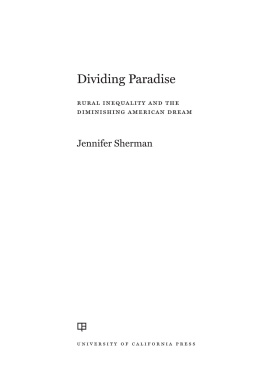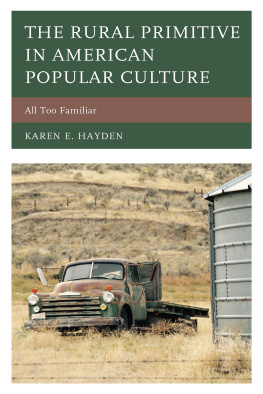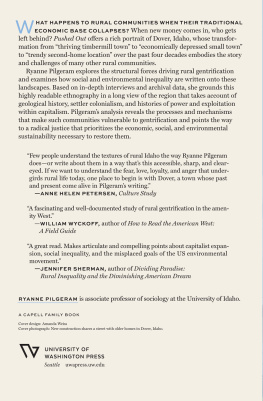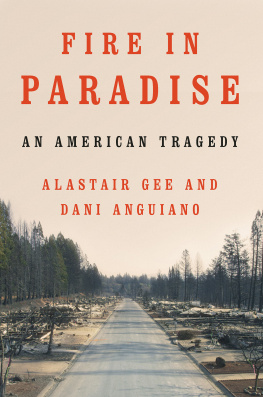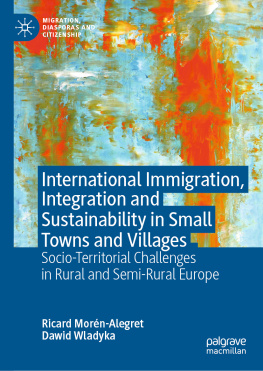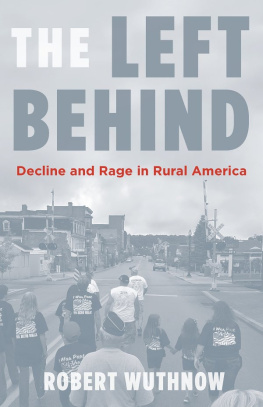Jennifer Sherman - Dividing Paradise: Rural Inequality and the Diminishing American Dream
Here you can read online Jennifer Sherman - Dividing Paradise: Rural Inequality and the Diminishing American Dream full text of the book (entire story) in english for free. Download pdf and epub, get meaning, cover and reviews about this ebook. year: 2021, publisher: University of California Press, genre: Politics. Description of the work, (preface) as well as reviews are available. Best literature library LitArk.com created for fans of good reading and offers a wide selection of genres:
Romance novel
Science fiction
Adventure
Detective
Science
History
Home and family
Prose
Art
Politics
Computer
Non-fiction
Religion
Business
Children
Humor
Choose a favorite category and find really read worthwhile books. Enjoy immersion in the world of imagination, feel the emotions of the characters or learn something new for yourself, make an fascinating discovery.
- Book:Dividing Paradise: Rural Inequality and the Diminishing American Dream
- Author:
- Publisher:University of California Press
- Genre:
- Year:2021
- Rating:5 / 5
- Favourites:Add to favourites
- Your mark:
Dividing Paradise: Rural Inequality and the Diminishing American Dream: summary, description and annotation
We offer to read an annotation, description, summary or preface (depends on what the author of the book "Dividing Paradise: Rural Inequality and the Diminishing American Dream" wrote himself). If you haven't found the necessary information about the book — write in the comments, we will try to find it.
Late-stage capitalism is trying to remake rural America in its own image, and the resistance is telling. Small-town economies that have traditionally been based on logging, mining, farming, and ranching now increasingly rely on tourism, second-home ownership, and retirement migration. In Dividing Paradise, Jennifer Sherman tells the story of Paradise Valley, Washington, a rural community where amenity-driven economic growth has resulted in a new social landscape of inequality and privilege, with deep fault lines between old-timers and newcomers. In this complicated cultural reality, class blindness allows privileged newcomers to ignore or justify their impact on these towns, papering over the sentiments of anger, loss, and disempowerment of longtime locals.
Based on in-depth interviews with individuals on both sides of the divide, this book explores the causes and repercussions of the stark inequity that has become commonplace across the United States. It exposes the mechanisms by which inequality flourishes and by which Americans have come to believe that disparity is acceptable and deserved. Sherman, who is known for her work on rural America, presents here a powerful case study of the ever-growing tensions between those who can and those who cannot achieve their visions of the American dream.
Jennifer Sherman: author's other books
Who wrote Dividing Paradise: Rural Inequality and the Diminishing American Dream? Find out the surname, the name of the author of the book and a list of all author's works by series.

